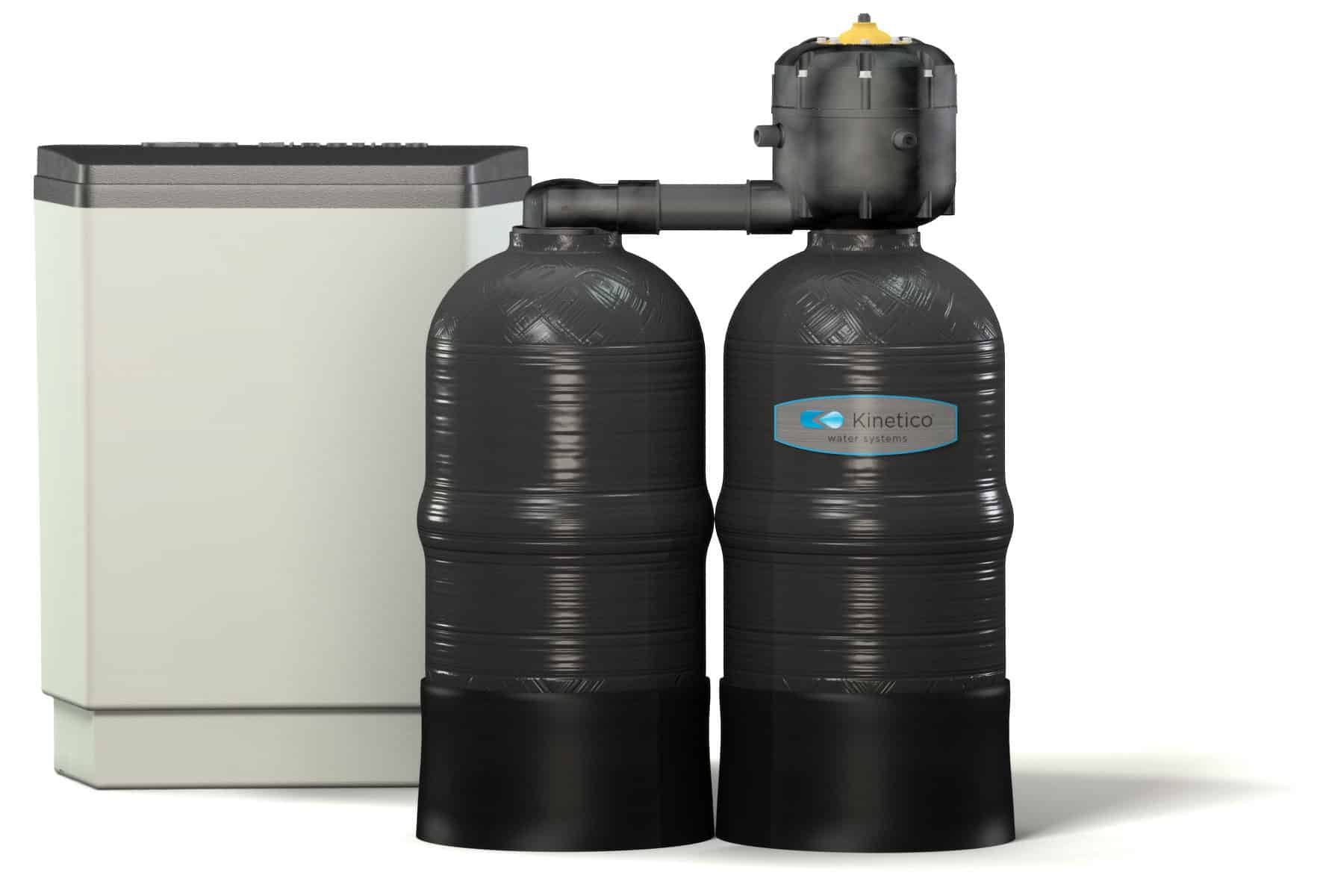You might have heard about all the potential benefits of a water softener, and if you live in an area with high levels of minerals in the water, this device can definitely improve your quality of life and the longevity of things like clothing and appliances. There are a lot of different options to choose from when you do get water softeners, so it’s important to understand the basics on how they work.
What’s in the Water
The vast majority of homes throughout the U.S. have water that is considered “hard”; what that means is that it has a high mineral content picked up when the water travels through deposit-rich areas on its journey to your home. These deposits often have things like limestone, calcium, and magnesium that get into the water and impact the quality of that water. While they won’t necessarily harm you, these hard water minerals can take a toll on your quality of life.
The Ion Exchange
The best way to eliminate these minerals from your water is with a water softener. These devices utilize a process called ion exchange, employing electrical attraction and chemistry to remove minerals and provide your home with cleaner, better water. When ions are injected into the water, they look for other ions that have either a positive or negative charge to which they can attach. The resin inside the softener tank is designed to attract minerals that are attracted to it, releasing salt into the water in exchange.
The Regeneration Process
Over time the softener will run out of salt that can be exchanged for hardness minerals, and the appliance must go through regeneration. During this process the tank will expel the minerals it collected through a drainage system, then refill with the sodium so it can continue the ion exchange process. Depending on the system, this process might be triggered by a timer (it happens at regular intervals) or by a meter (it happens only when the appliance reaches a certain level of minerals).
Benefits of Water Softening
There are many different reasons that homeowners choose to get a water softening system installed in their home. Some of the primary benefits that these systems can provide include:
- Clothing that retains its color and softness better than in hard water
- Hair and skin that feel softer and healthier, rather than feeling dried out
- Longer-lasting appliances that are not damaged by buildup of minerals
- Money savings, since you will use less detergent and soap
- Dishes that are cleaner and do not have hard water spots
- Ease in cleaning surfaces in the bathroom and kitchen
- No soap scum buildup in the shower, bathtub, and in sinks
If you would like to find out more about how affordable these benefits can be, talk to a water softener company in Utah today to find out more.


This is some great information, and I appreciate your point that soft water makes your hair and skin feel softer. My husband and I recently moved into a new area, and the water here is much harder than it was in our previous home. My hair and skin have felt much more dry since we moved, and I think it’s because of the hard water, so I’ll definitely look into getting a softener for our house. Thanks for the great post!
I thought it was cool that a water softener could employ electrical attraction and chemistry to remove minerals and provide your home with cleaner, better water. That is cool since to science is all there to help clean up the water so that it will be safe on the pipes and safe to drink. Although, water softeners use salt in order to activate the softening process. This can only be harmful in large doses so being sure that you are using your system properly is very important.
I like that water softener can help with skin and hair! I think that taking care of your skin is super important. Taking any little step to keep your skin better is a good idea to me!